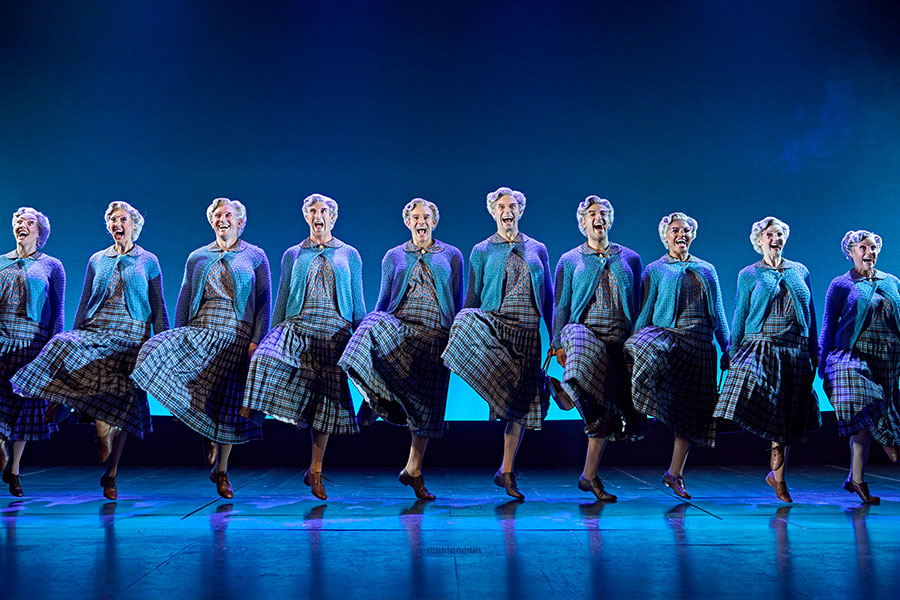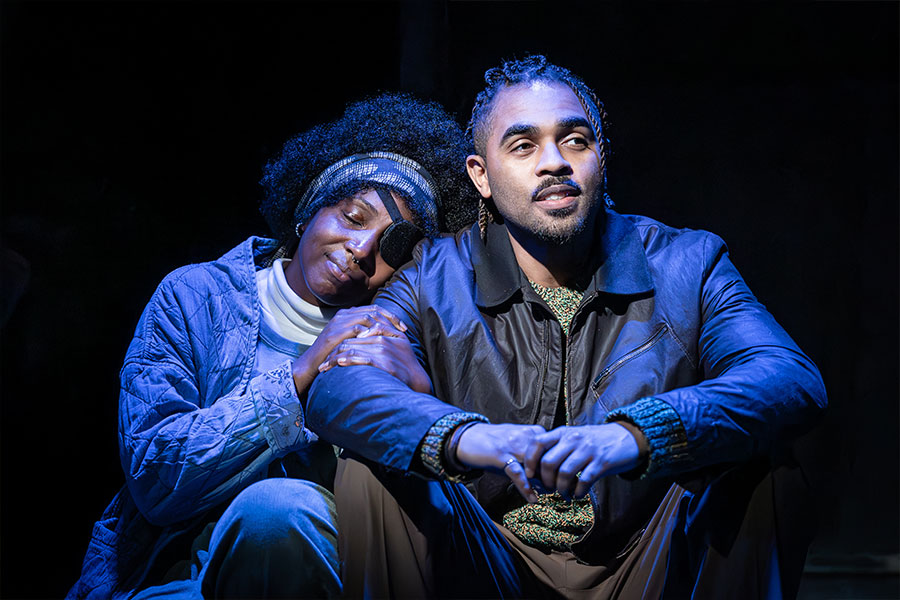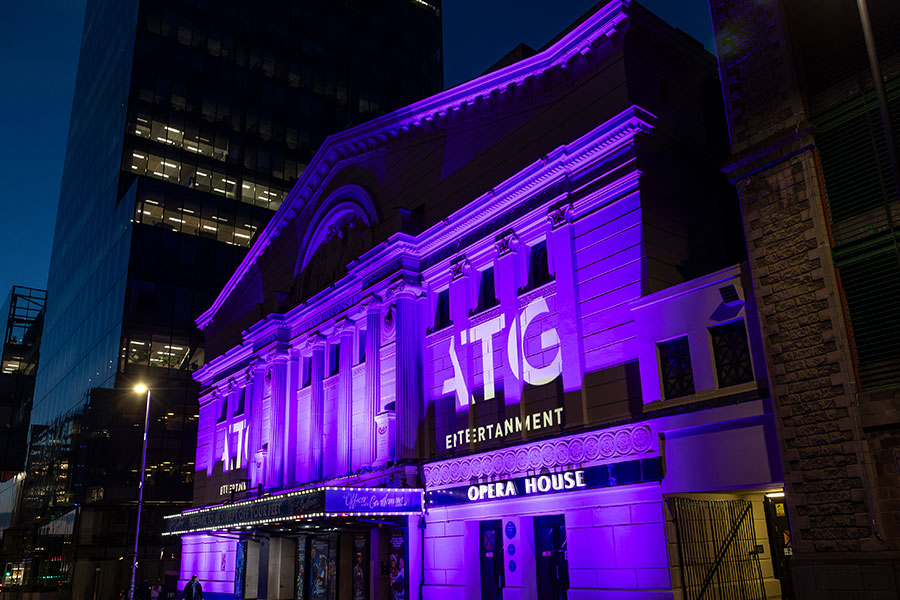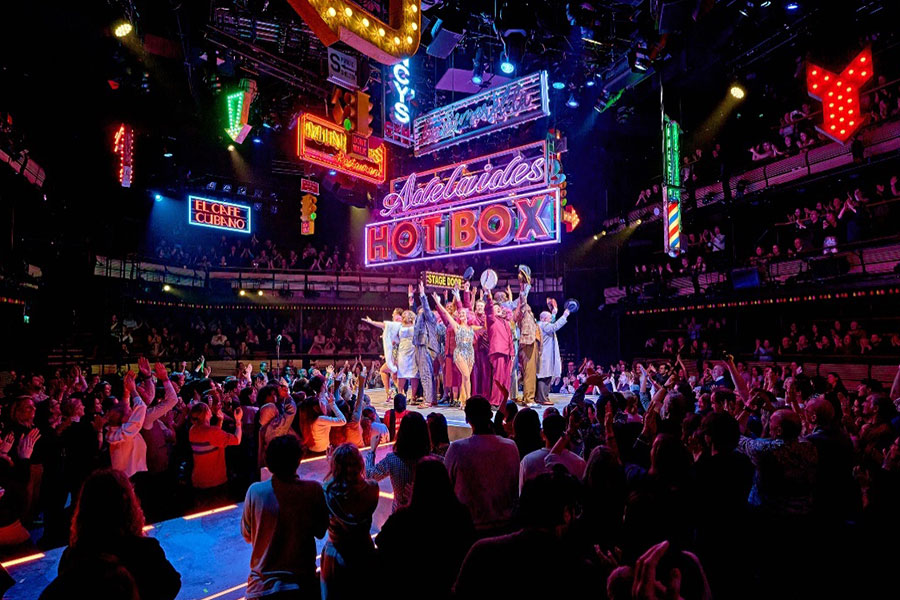Henry V Comes Back to Oxford
Oxford Theatre Guild returns to Trinity College Gardens with Shakespeare’s Henry V. Heroic, poignant and funny in turns, this play captures the spirit of a young king as he leads his country to a famous victory and reflects on the consequences of war for all caught up in it. This Guild production follows on from its critically acclaimed spring production of The Crucible at the Oxford Playhouse.
Shakespeare in a college garden is one of the delights of the Oxford summer so do try to make time to include this production in your summer plans, whether you are just visiting the city or live here. Trinity College itself was established 1555 but its oldest building was constructed in 1421, during the reign of Henry V. Trinity’s buildings and gardens provide a stunning backdrop for theatre. This is Oxford Theatre Guild’s 54th summer garden production and the long-range weather forecast for this July promises sunshine.
In Henry V a young king is determined to stake England’s claim to the throne of France. He wants to prove he is a leader, shake off his reputation as a wild youth, and rescue his family’s tarnished reputation. Despite inferior numbers, soldiers weakened by sickness and many months’ fighting, King Henry scores a famous victory – one that has echoed through history. Shakespeare’s play has sealed Henry’s reputation as one of England’s heroes. The play moves from the intrigue and arrogance of the royal courts of England and France, through the mean streets and taverns of London, to climax on the bloody fields of Agincourt.
The play was probably written and first performed in 1599, one of Shakespeare’s history plays which chronicled the history of England and its Kings from the mid-fourteenth century to the late fifteenth. It tells of key moments from the adult life of Henry V, and hence the golden, relatively stable time before the country was plunged into civil war between the houses of York and Lancaster. The famous victory of Agincourt in 1415, which is the main plot of the play, would have had the same resonance in Shakespearean England as the battle of Waterloo does in Britain today. Although life in Elizabethan England was relatively stable, academic debate continues today as to which mirror the playwright was holding up to the intrigues and shifts of power in royal court of the day.
Shakespeare knew he could not hope to portray large armies and battle scenes on stage, or indeed the behind–the-scenes diplomacy, so he introduces the character of the Chorus, who explains directly to the audience what is going on and describes the English troops amassing before the campaign, the huge fleet sailing for France, the long dark night before Agincourt, and Henry’s triumphant return to cheering citizens in London. This makes the play very accessible for modern audiences.
Famously filmed by both Laurence Olivier (in 1944) and Kenneth Branagh (in 1989), the play is sometimes accused of celebrating jingoism. Henry’s “band of brothers” is still invoked in plays and films about soldiers, and “cry God for Harry, England, and St George” is fondly used in modern sporting competitions, but the play is also about what happens to those caught up in war through no choice of their own. Audiences can make up their own mind as the whether Shakespeare set out to create this golden lad whose gift for oratory has stirred hearts in patriotic fervour through the ages. Or if he wanted to remind us that our idols have feet of clay, are driven by personal ambition, and often have little care for the soldiers they send to war.
The play starts at the English Court in the early summer of 1415. Henry, recently crowned King of England, wants to establish his legal claim to the throne of France. Convinced by his advisers that his claim is just, he takes his army across the Channel to France. The French court offers land and the French Princess’s hand in marriage but Henry refuses this offer and, as diplomacy fails, the English army captures the port of Harfleur. This is an important strategic victory but after weeks of laying siege the English forces are weakened by dysentery. As autumn draws in, Henry knows he has to take his soldiers back home to prepare for further military advances. With only eight days’ rations to march to Calais, Henry’s footsteps are dogged by a much larger French army until the French commanders force a battle within sight of the coast. The French are convinced their superior numbers are no match for the English, who spend the night before the battle contemplating their likely fate. At dawn, however, with might of the French, bearing down on them, Henry positions his archers and men at arms to best advantage and the French in their heavy armour are mown down as they advance. By afternoon the French surrender the field and the legend of Agincourt is born. In the aftermath of battle, the common soldiers make their way home and a diplomatic solution brings the two royal families together.
The play’s Director Joanna Matthews says “Henry V, like all Shakespeare’s, has stood the test of time, and its language and imagery beautiful evoke the many characters and scenes involved in a military campaign. The large cast of 30, drawn from Oxford City and Oxfordshire, have had great fun rehearsing this epic play and their hard work will really pay off when audiences come to see the play.”
Henry V, at Trinity College Gardens, Oxford
Tuesday 14 July to Saturday 25 July
www.oxfordtheatreguild.com
Box Office: 01865 305305 (www.ticketsoxford.com)










